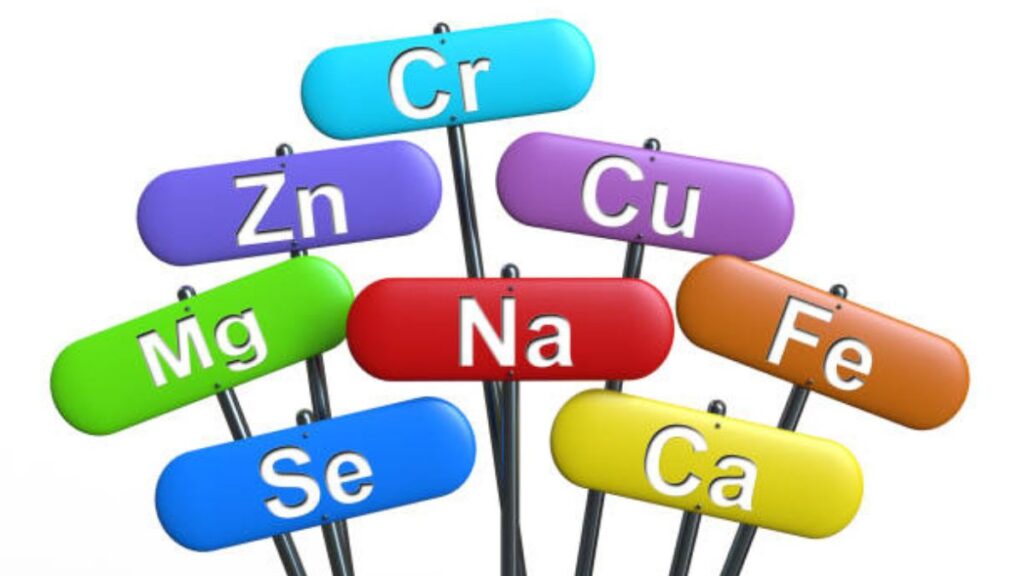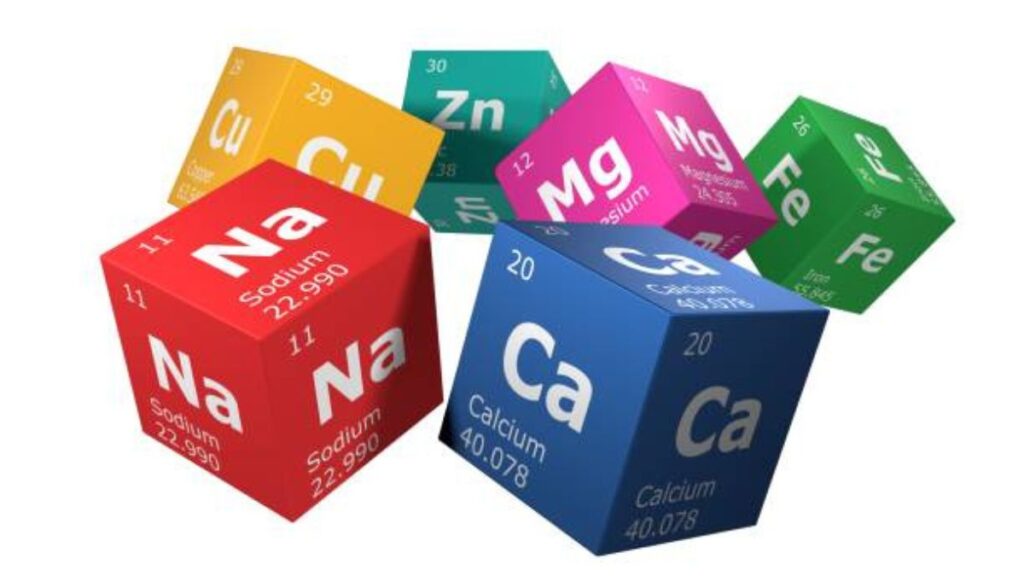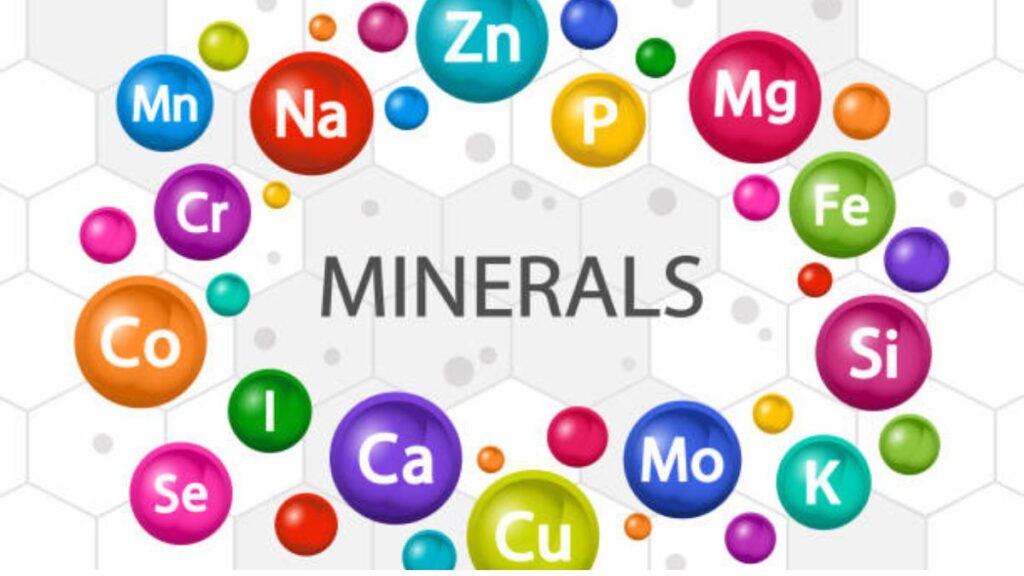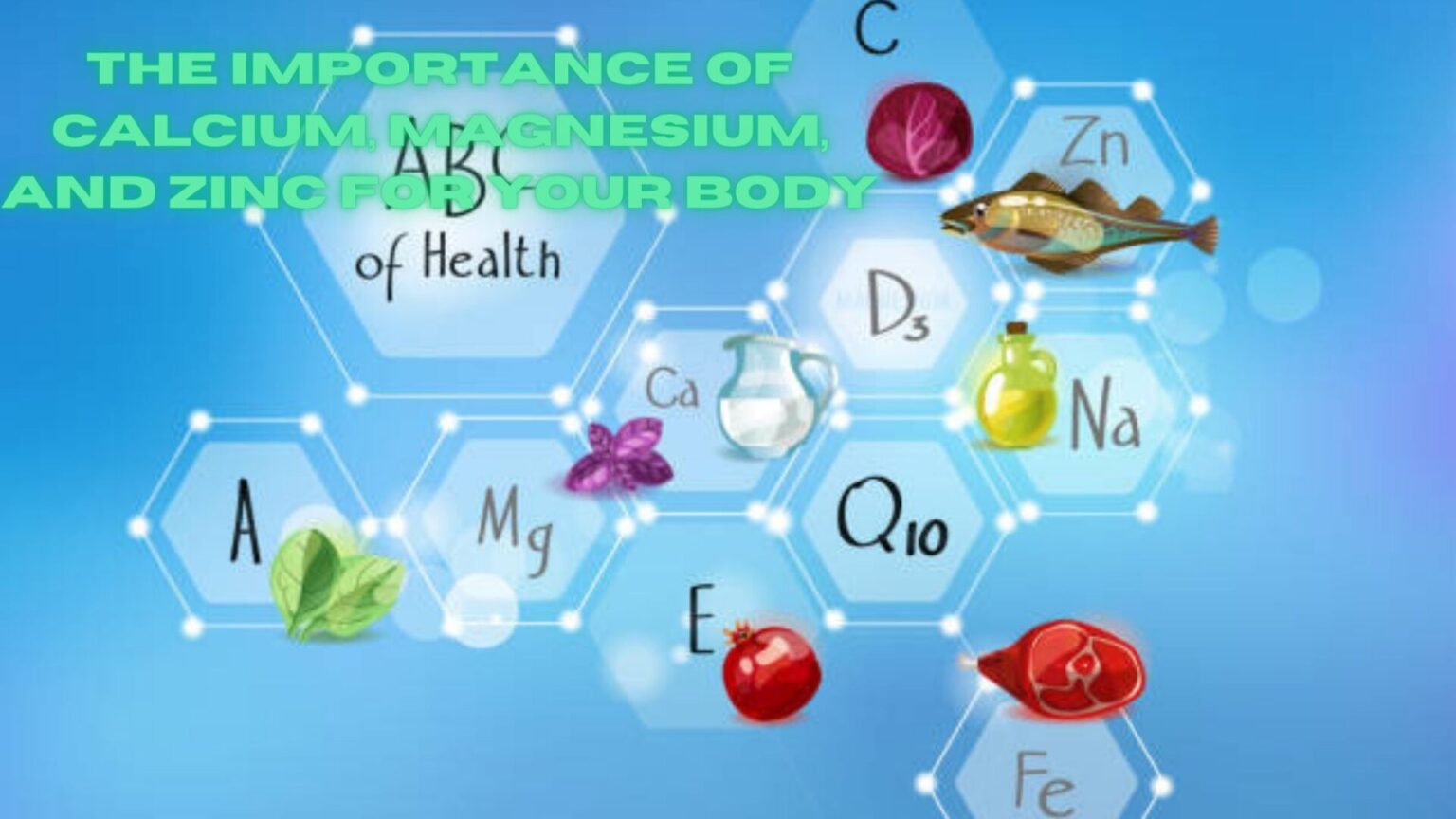Introduction:-
From Nature to Nourishment: The Importance of Calcium, Magnesium, and Zinc for Your Body

In the pursuit of optimal health and well-being, the significance of essential minerals such as calcium, magnesium, and zinc cannot be overstated. These minerals, abundantly found in nature, play a pivotal role in maintaining various bodily functions and are crucial for overall health. Let’s delve into the importance of these minerals and explore their natural sources in food.
The Importance of Calcium, Magnesium, and Zinc
Calcium:
Calcium is renowned for its role in maintaining strong bones and teeth. It also contributes to muscle function, nerve signaling, and hormonal secretion. Insufficient calcium intake can lead to weakened bones, making individuals more susceptible to fractures and osteoporosis.
Magnesium:
Magnesium is involved in over 300 enzymatic reactions within the body, supporting processes such as energy production, muscle function, and the maintenance of strong bones. Additionally, it aids in the regulation of blood sugar levels and blood pressure.
Zinc:
Zinc plays a crucial role in supporting the immune system, wound healing, and DNA synthesis. It is also involved in the senses of taste and smell, as well as in the regulation of hormone levels.
Natural Sources of Calcium, Magnesium, and Zinc
Calcium:
- Dairy products such as milk, cheese, and yogurt
- Leafy green vegetables like kale, spinach, and collard greens
- Sardines and salmon with bones
Magnesium:
- Nuts and seeds, including almonds, cashews, and pumpkin seeds
- Whole grains such as brown rice, quinoa, and oats
- Leafy green vegetables like spinach and Swiss chard
Zinc:
- Oysters, a particularly rich source of zinc
- Red meat, poultry, and seafood
- Legumes such as chickpeas, lentils, and beans
The Necessity for Your Body
Ensuring an adequate intake of these minerals is essential for maintaining overall health and well-being. Incorporating a variety of foods rich in calcium, magnesium, and zinc into your diet can help prevent deficiencies and support the proper functioning of bodily systems.
Elaborate of the benefit of calcium, magnesium and zinc include example of food rich in these minerals

Here’s an elaboration on the benefits of calcium, magnesium, and zinc, along with examples of foods rich in these essential minerals:
Benefits of Calcium, Magnesium, and Zinc
Calcium:
- Bone Health: Calcium is crucial for maintaining strong bones and teeth. It plays a vital role in bone mineralization, helping to prevent conditions such as osteoporosis.
- Muscle Function: It supports muscle contraction, nerve signaling, and proper functioning of the cardiovascular system.
- Food Sources: Dairy products such as milk, cheese, and yogurt are excellent sources of calcium. Additionally, leafy green vegetables like kale, spinach, and collard greens, as well as fish with edible bones like sardines and salmon, are rich in calcium.
- Energy Production: Magnesium is involved in the production of ATP, the body’s primary energy currency, and is essential for various enzymatic reactions that generate energy.
- Muscle and Nerve Function: It plays a key role in muscle contraction, nerve transmission, and the maintenance of a steady heartbeat.
- Food Sources: Nuts and seeds like almonds, cashews, and pumpkin seeds are excellent sources of magnesium. Whole grains such as brown rice, quinoa, and oats, as well as leafy green vegetables like spinach and Swiss chard, are also rich in magnesium.
Zinc:
- Immune Function: Zinc is essential for a healthy immune system, aiding in the defense against infections and supporting the body’s ability to heal wounds.
- Cell Growth and Repair: It is involved in DNA synthesis, cell division, and protein synthesis, crucial processes for growth and repair.
- Food Sources: Oysters are particularly rich in zinc. Additionally, red meat, poultry, seafood, and legumes such as chickpeas, lentils, and beans are excellent sources of this vital mineral.
·Incorporating a variety of foods rich in these minerals into your diet is essential for maintaining overall health and well-being. By understanding the benefits of calcium, magnesium, and zinc and including them in your meals, you can ensure that your body receives the essential nutrients it needs to function optimally.
·Remember, a balanced diet that includes a variety of nutrient-rich foods is key to meeting your body’s requirements for these vital minerals.
Discuss the recommended daily intake for Calcium, Magnesium, and Zinc
When considering the recommended daily intake for Calcium, Magnesium, and Zinc, it’s important to understand the individual requirements for each mineral.

Calcium
- Recommended Daily Intake: For adults, the recommended daily intake of calcium is around 1000 mg per day.
- Benefits: Calcium is crucial for bone health, muscle function, and nerve signaling.
- Recommended Daily Intake: The recommended daily intake of magnesium is approximately 400-420 mg for men and 310-320 mg for women.
- Benefits: Magnesium plays a vital role in muscle and nerve function, energy production, and bone health.
- Recommended Daily Intake: The recommended daily intake of zinc is around 11 mg for adult males and 8 mg for adult females.
- Benefits: Zinc is essential for immune function, wound healing, and DNA
Provide tips for incorporating for Calcium, Magnesium, and Zinc into a balanced diet
Incorporating Calcium, Magnesium, and Zinc into Your Diet Here are some SEO-friendly tips for incorporating these essential minerals into your diet:
- Calcium
- Include dairy products such as milk, cheese, and yogurt in your diet.
- Incorporate green leafy vegetables like kale and spinach.
- Opt for calcium-fortified foods like tofu, orange juice, and cereals.
- Magnesium
- Consume magnesium-rich foods such as nuts (almonds, cashews), seeds (pumpkin, sunflower), and whole grains (brown rice, quinoa).
- Include leafy green vegetables like spinach and Swiss chard in your meals.
- Enjoy legumes such as black beans, chickpeas, and lentils.
- Zinc
- Consume zinc-rich foods like oysters, beef, and crab.
- Incorporate poultry such as chicken and turkey into your meals.
- Enjoy plant-based sources of zinc including legumes, nuts, and seeds.
Balancing Your Diet To ensure a balanced intake of these minerals:
- Incorporate a variety of foods from different food groups.
- Consider consulting a nutritionist or dietician for personalized advice.
- Avoid excessive intake of supplements unless advised by a healthcare professional.
Incorporating calcium, magnesium, and zinc into a balanced diet is essential for overall health. By including a variety of nutrient-rich foods in your meals, you can easily meet your body’s requirements for these important minerals.
Conclusion
In conclusion, from nature’s bounty springs the nourishment vital for our bodies. Calcium, magnesium, and zinc, sourced from a variety of natural foods, are indispensable for maintaining optimal health. By understanding the importance of these minerals and incorporating them into our diets, we can embark on a journey towards a healthier and more vibrant life.
Remember, nature provides us with the tools for our well-being; it is up to us to harness them for our nourishment and vitality.






